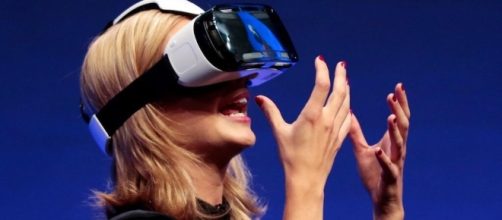Technology is undoubtedly one of the most useful creations of man. If used properly, this useful creation can provide numerous benefits such as quicker communication, faster search of information, and accurate analysis of data. Smartphones and the latest innovations that range from house appliances to gadgets are products of technology. Other than the gaming and entertainment field, Medical Field starts to get the influence as well through virtual reality. Numerous hospitals set aside a budget to develop the latest innovation called "virtual reality" or VR.
The most crucial fields they prioritize are surgery/operation, transplant, and organ detection.
Detecting organs and incorporating it through VR
A PET (positron emission tomography) scan uses radiation to produce three-dimensional images of the human organs and body. If virtual reality joins the process, the presentation of analyzed data becomes accurate because a doctor knows where the organ is located. Through VR technology, doctors and surgeons can also detect cancer cysts, which is crucial for removal from the patient. However, the process of removing the cancer cell takes a lot of time and effort, finding the right area of incision without affecting other healthy organs. Microsoft takes one step ahead on surgical procedures that uses virtual reality.
On medical field's other area, birth is another field that virtual reality can improve. Actually, VR teaches midwifery students in the University of Newcastle in Australia to deliver babies. Time is gold. This is why midwives should know the correct processes to ensure a safe birth on both mother and child. The said university began a VR project that simulates the real-world delivery room in a critical situation, according to co-project leader Jessica Williams.
The simulations run on iOS, PC, and Android, and puts midwives under pressure. A video from gizmodoAU shows the entire situation with the midwifery students below:
Two birds with one stone
Virtual reality's purpose can benefit both sides, the medical field and the gaming field. In the future, VR could open new doors of opportunities and unlock potentials of technology.
In addition,this makes surgeries and operations more accurate and precise, despite the limited capabilities and resources in this technological advancement. Other than these, the convenience of teaching healthcare procedures to aspiring medical students through virtual reality offer a safe yet immersive experience that they will never forget.


